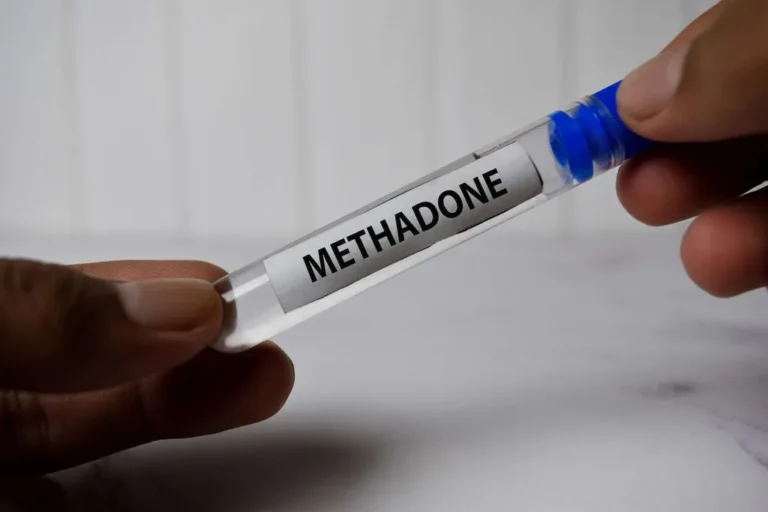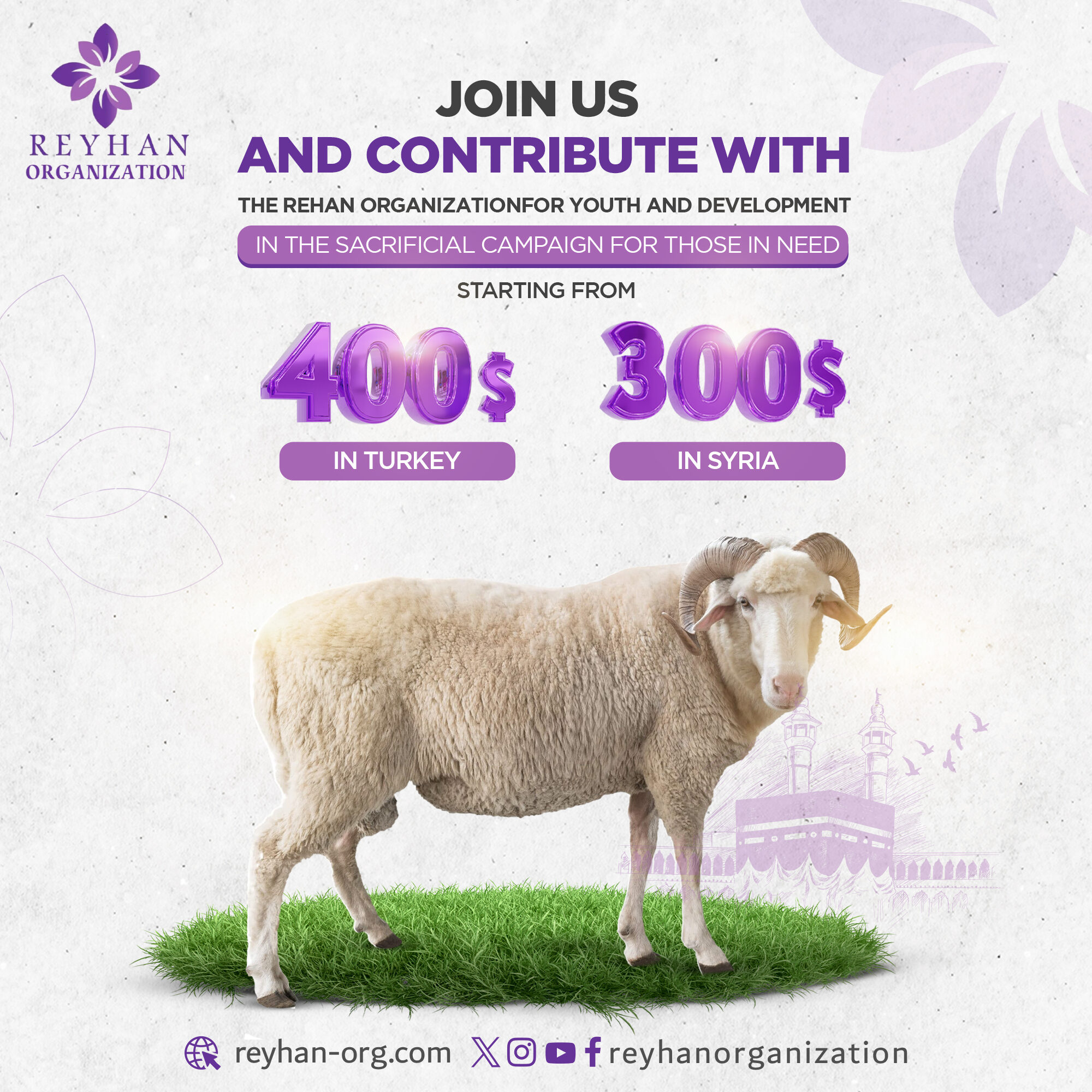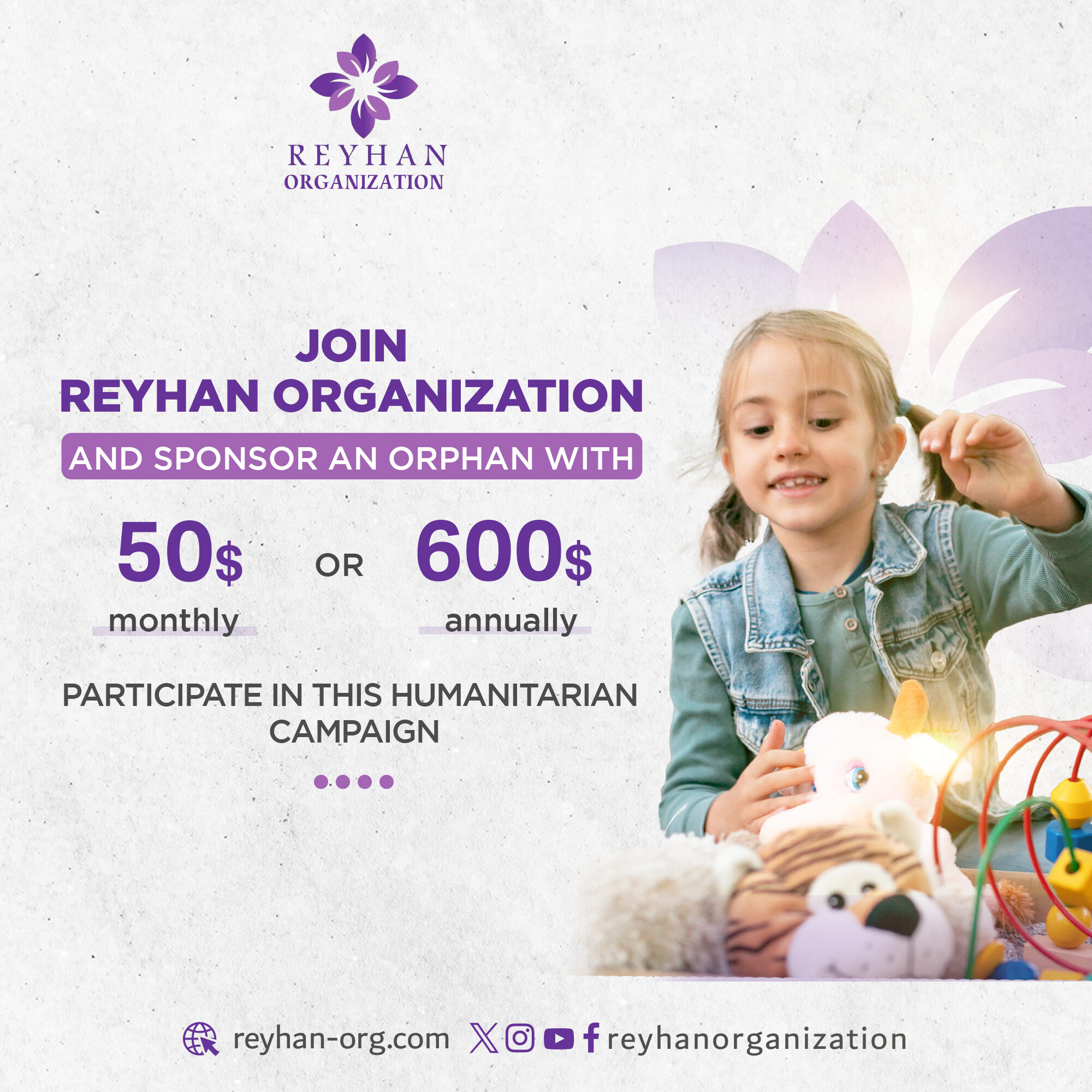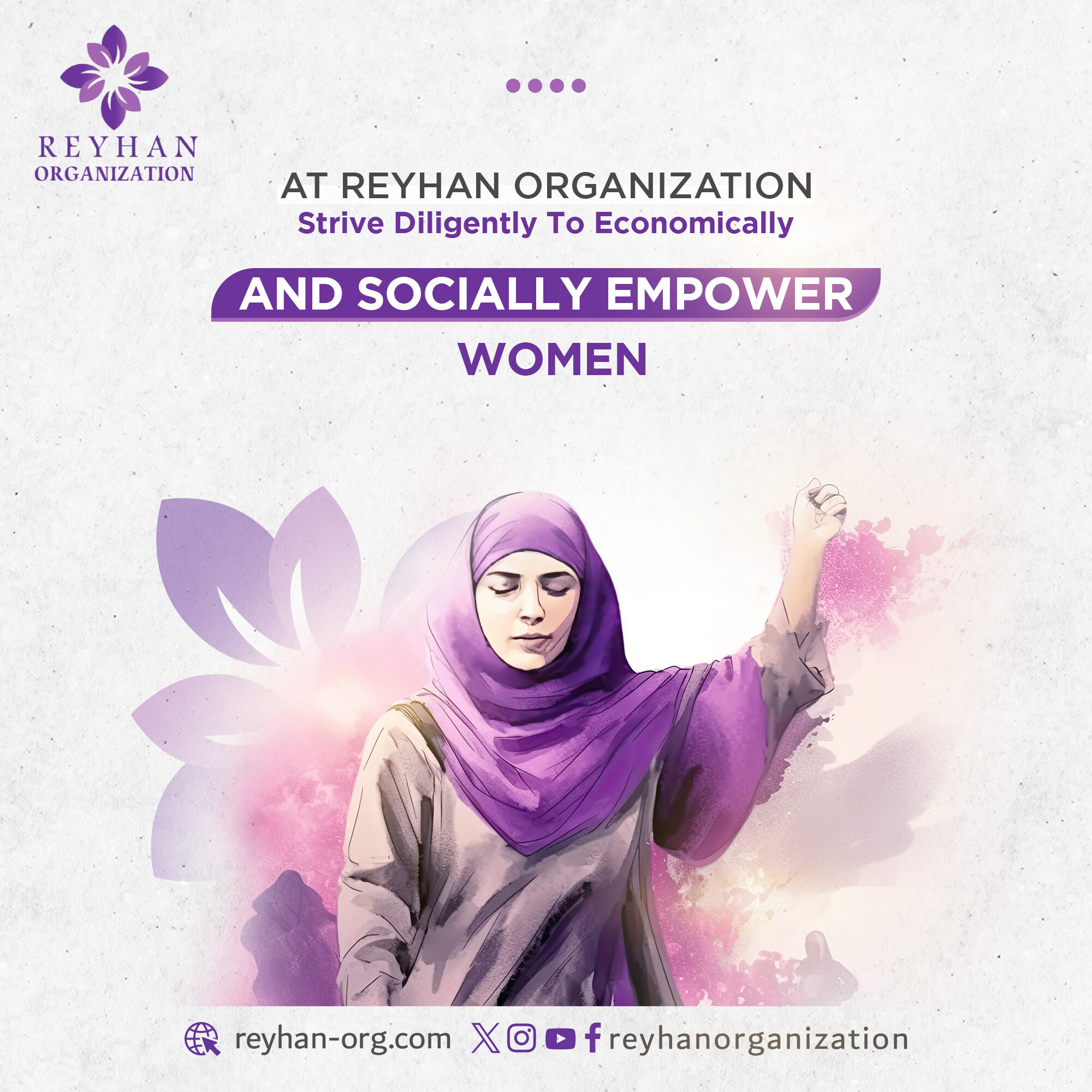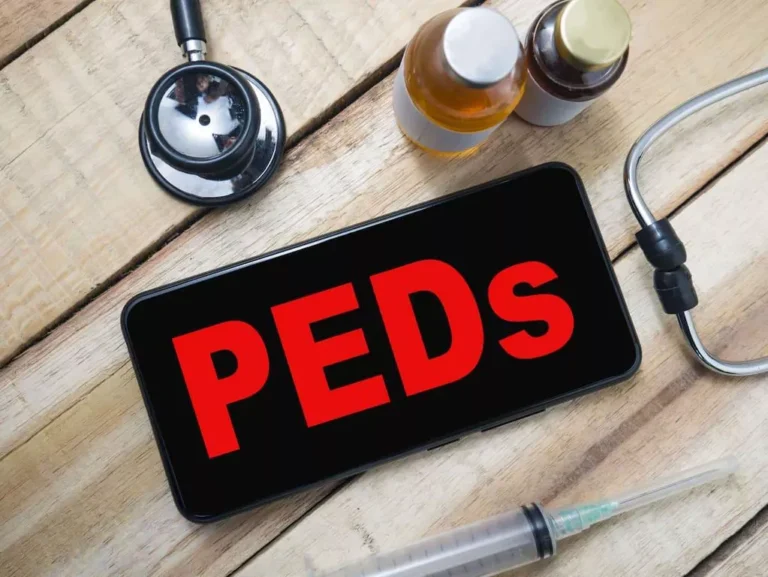
Circadian rhythms are a manifestation of the alcoholism treatment activity of the primary endogenous pacemaker, the suprachiasmatic nucleus in the hypothalamus, upon which melatonin acts. The peak of the salivary melatonin curve occurs around 2AM in middle-aged males (Zhou et al., 2003). This peak may be blunted or delayed in those with AD (Kuhlwein et al., 2003). Consequently, AD subjects may be more likely to manifest a delayed phase type disorder, which may present as difficulty falling asleep. Sleep problems are common during this phase and may be prevalent in about 65% of individuals during this phase (Brower et al., 2001a, Kolla et al., 2014). Subjective complaints in those with insomnia as compared to those without include longer SOL, increased WASO and lower sleep efficiency (Brower et al., 2001a, Conroy et al., 2006b).
How can alcohol worsen symptoms of other sleep disorders?
- For people who snore or who have sleep apnea—a disorder that causes repeated pauses in breathing during sleep—drinking alcohol tends to aggravate symptoms.
- We’re here 24/7 to help guide you or your loved on through rehab and recovery.
- Though these suggestions may help you get through the night a bit more painlessly, they won’t reverse the impact alcohol has on sleep quality.
In another part of the study, the researchers also investigated the effect of alcohol withdrawal on sleep. They found after extended periods of binge-drinking, sleep came quickly as expected, but within a few hours, wakefulness set in, preventing a return to sleep. Around 20% of adult Americans use alcohol – known to be a powerful sleep inducer – to help them fall asleep.
Alcohol and Sleep
As such, people with insomnia often try to self-treat the condition. An estimated 20% to 30% of people report drinking to manage insomnia.7 While alcohol can initially cause sedation, over time, alcohol causes major disruptions in the quality of sleep. Experts recommend avoiding alcohol at least four hours before bedtime to prevent adverse effects on sleep. One study shows that this is the reasonabout 10%of people drink alcohol. Because alcohol can have a depressive effect on the brain, drinking may help some peoplefall asleep faster. A person might think that having a drink before bed may help them sleep because alcohol helps them relax.
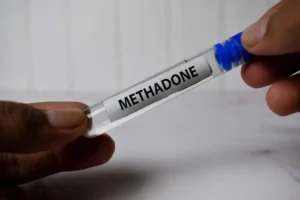
Does alcohol cause insomnia or poor sleep?
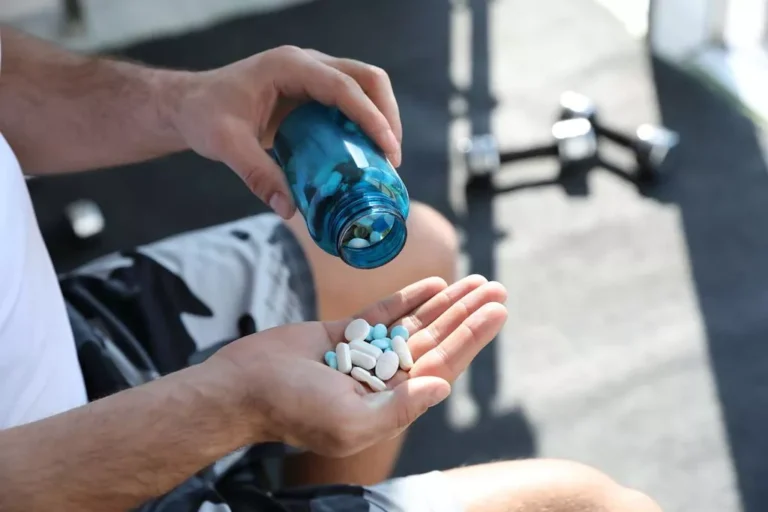
Join our Sleep Care Community — a trusted hub of sleep health professionals, product specialists, and people just like you. Whether you need expert sleep advice for your insomnia or you’re searching for the perfect mattress, we’ve got you covered. His research and clinical practice focuses on the entire myriad of sleep disorders. If you think your drinking alcohol causes insomnia may be impeding your sleep or overall quality of life, speaking to your doctor or therapist is a great first step. So while cutting out drinking will likely benefit your sleep, there may be other factors affecting your shuteye.
Evidence suggests that consuming alcohol may decrease the body’s sensitivity to cues, like daylight and darkness, which trigger shifts in body temperature and secretion of the sleep hormone melatonin. These fluctuations play a vital role in the sleep-wake cycle, and when they are weakened—or absent—a person may feel alert when they want to sleep and sleepy when they want to be awake. Alcohol also affects people with central sleep apnea (CSA), which occurs when the brain periodically https://ecosoberhouse.com/ stops sending certain signals involved in breathing. Alcohol interferes with the brain’s ability to receive chemical messages involved in breathing, which decreases the body’s respiratory drive and increases the likelihood of pauses in breathing. While Insomnia can lead to a dependency on alcohol, the opposite, like many mental disorders, is also true.
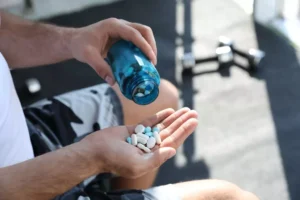
Limiting caffeine and other stimulants in the evening can contribute to a more restful night’s sleep. Drinking alcohol relaxes the muscles around your throat, making you more likely to snore too. This is because alcohol can make the tissue in the nose swell, which can cause congestion and create a need to breathe through the mouth, making you snore. Snoring may well disturb your own sleep by waking you up – but it is likely to cause problems for partners too. Founded in 2014, this site is dedicated to bringing you the most comprehensive sleep-industry information on the web.
